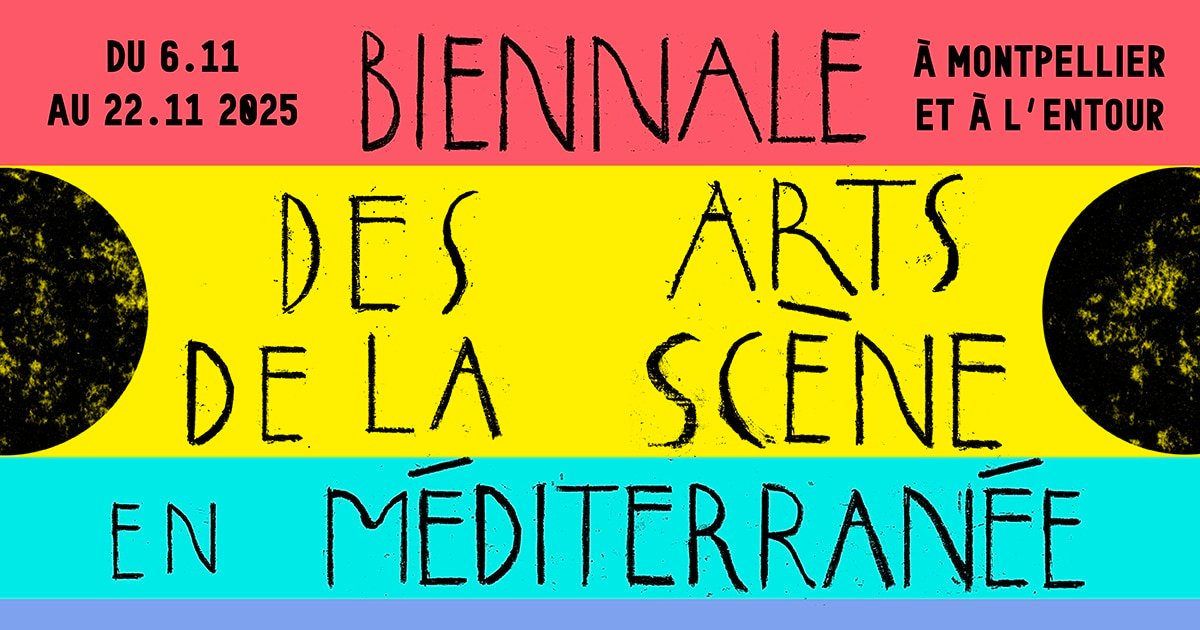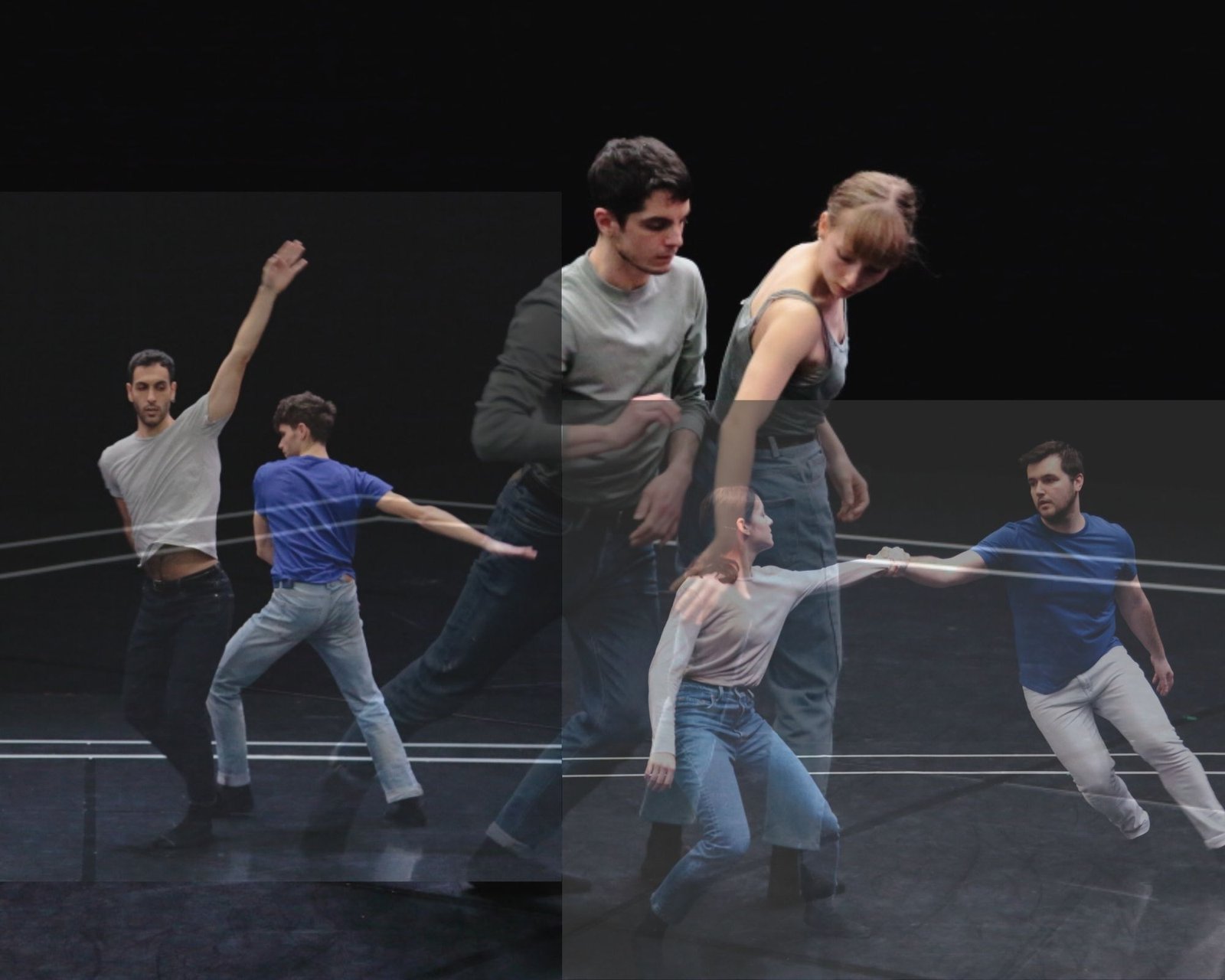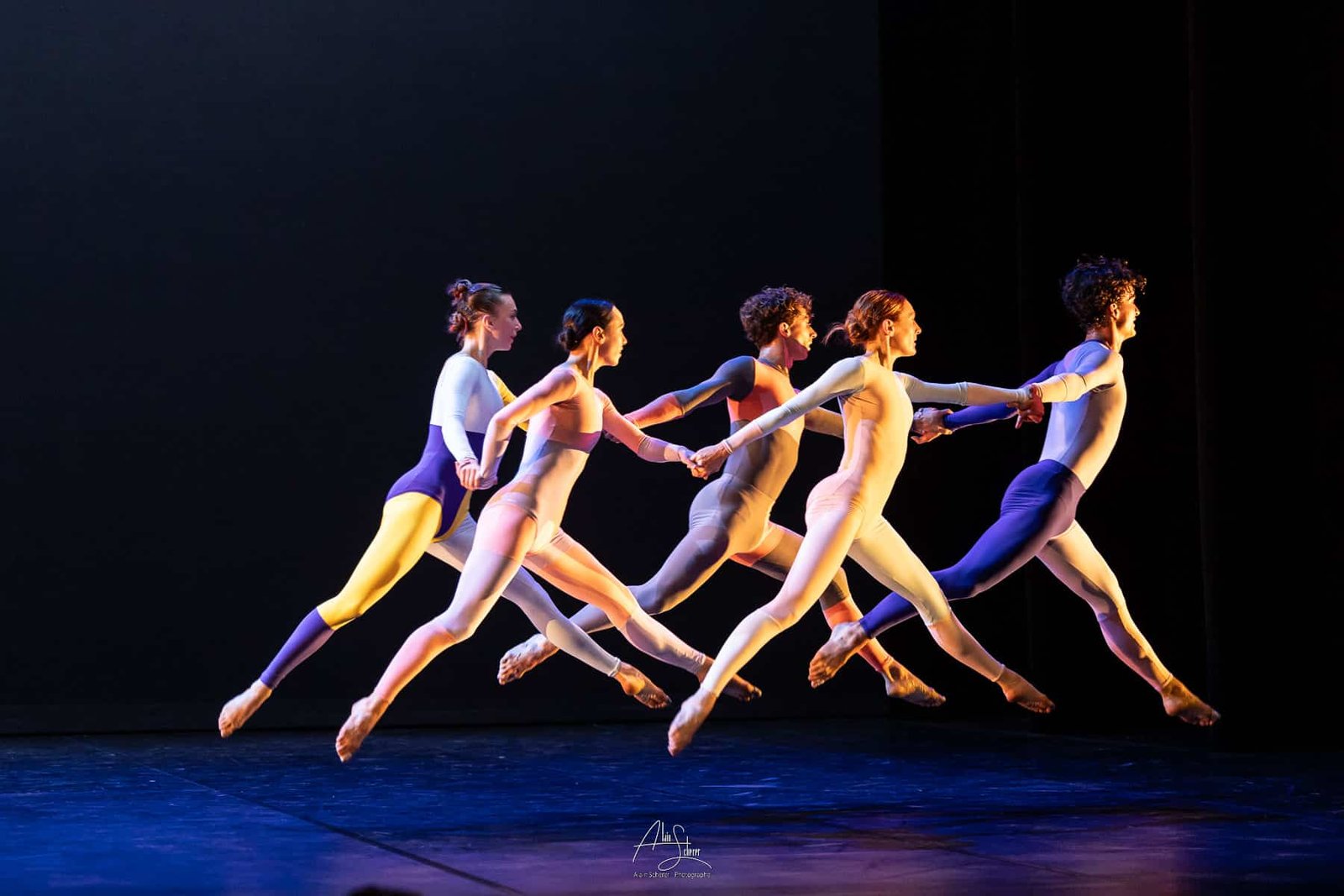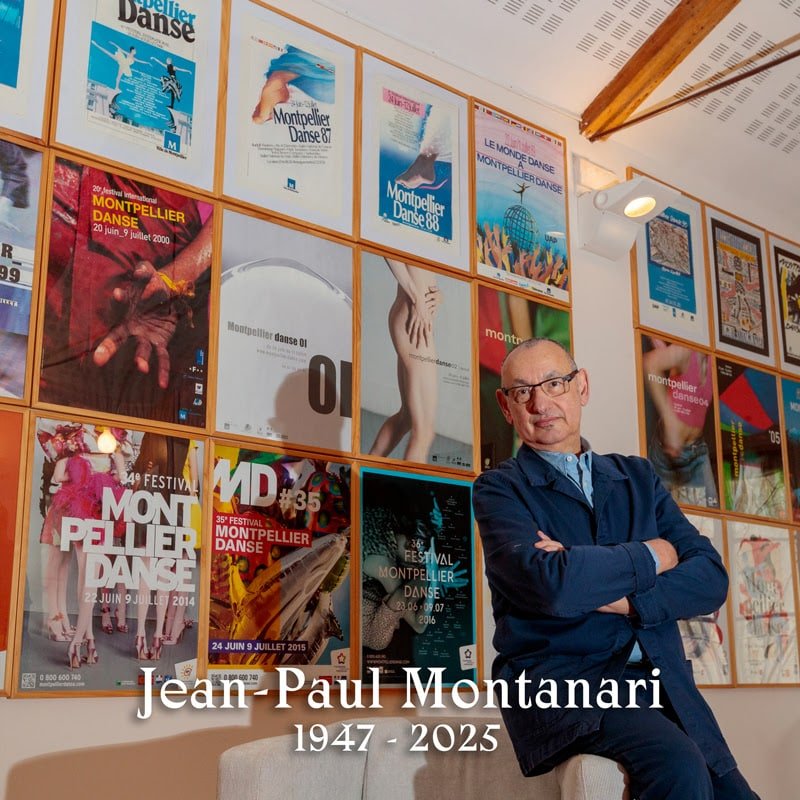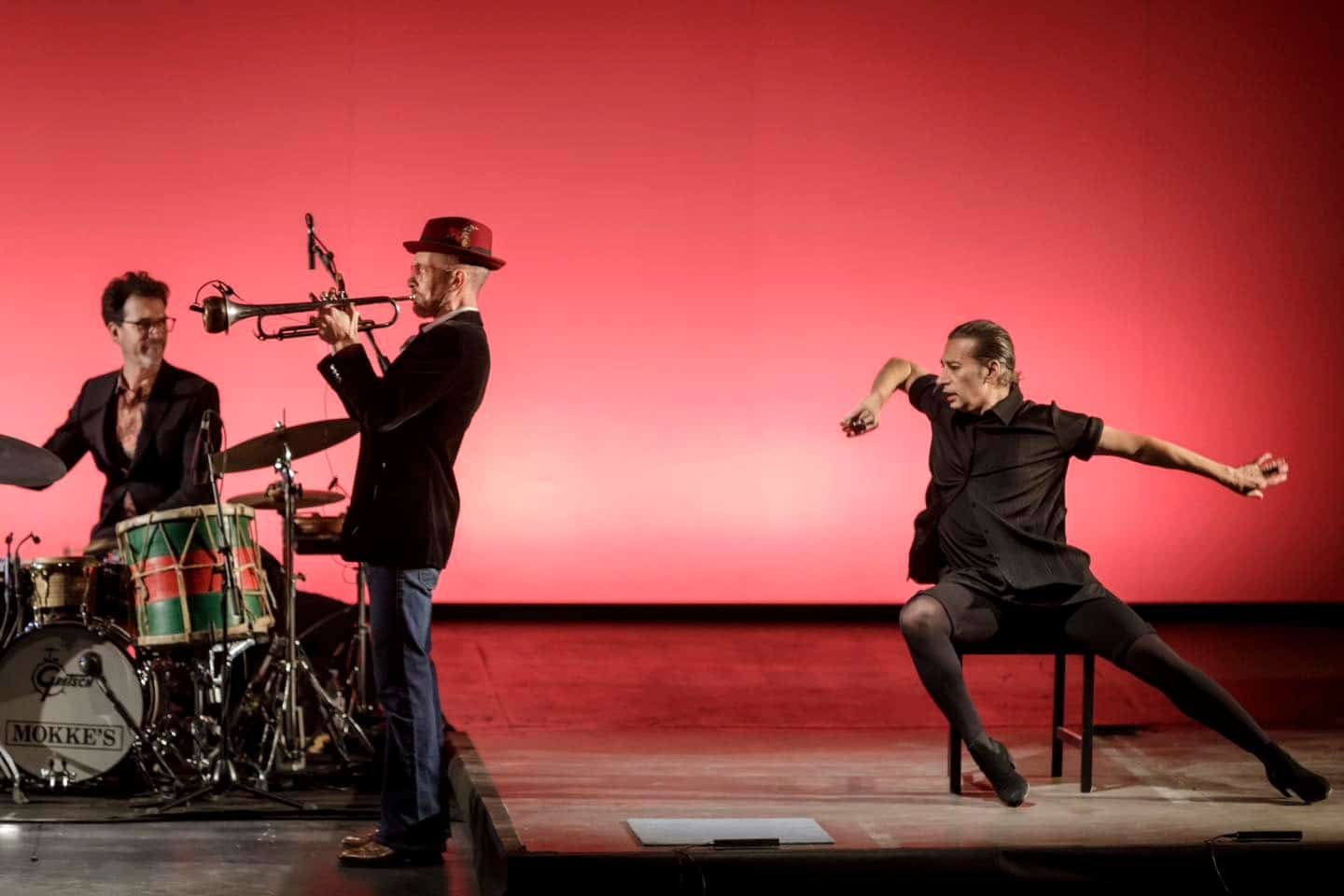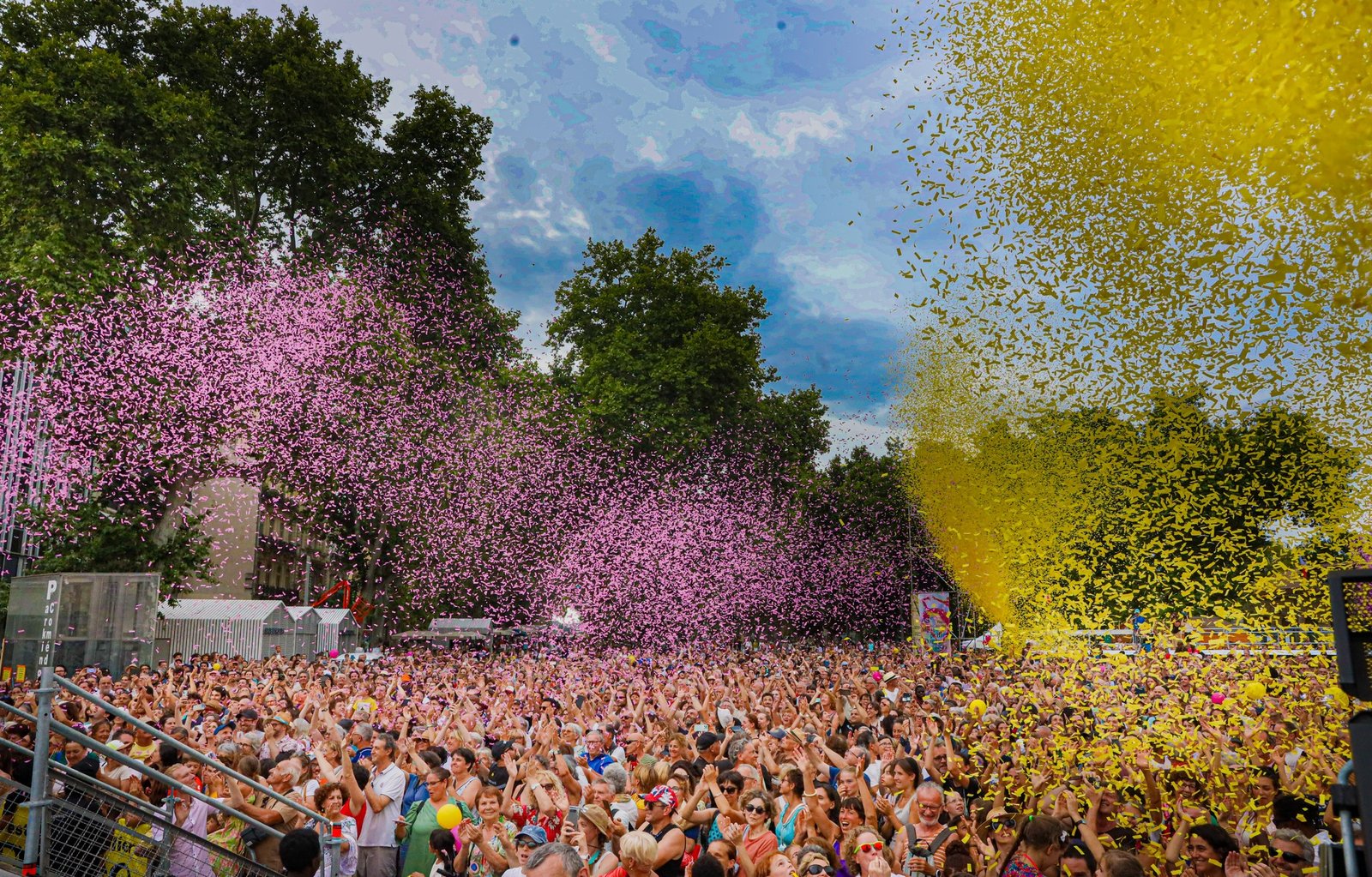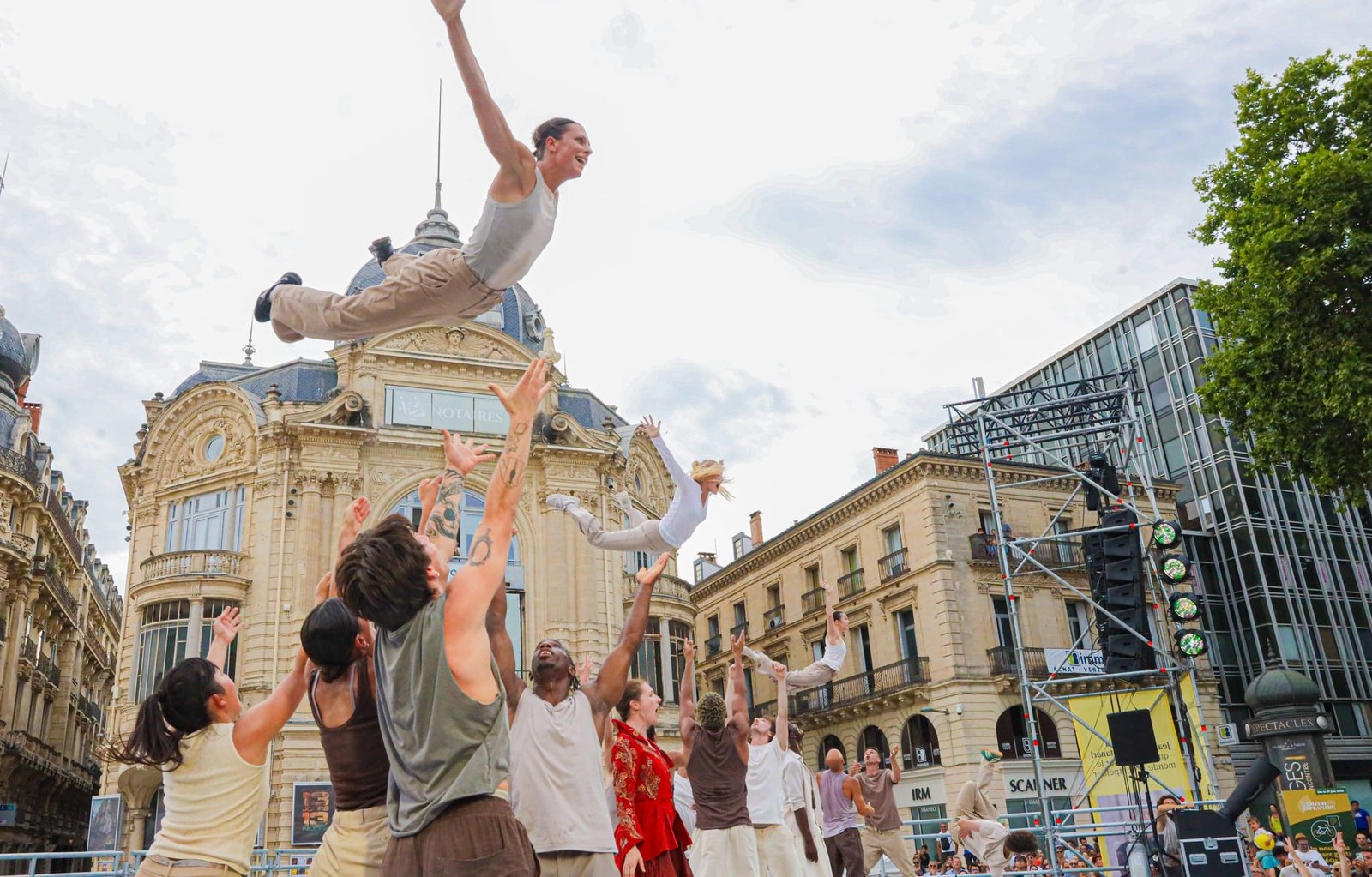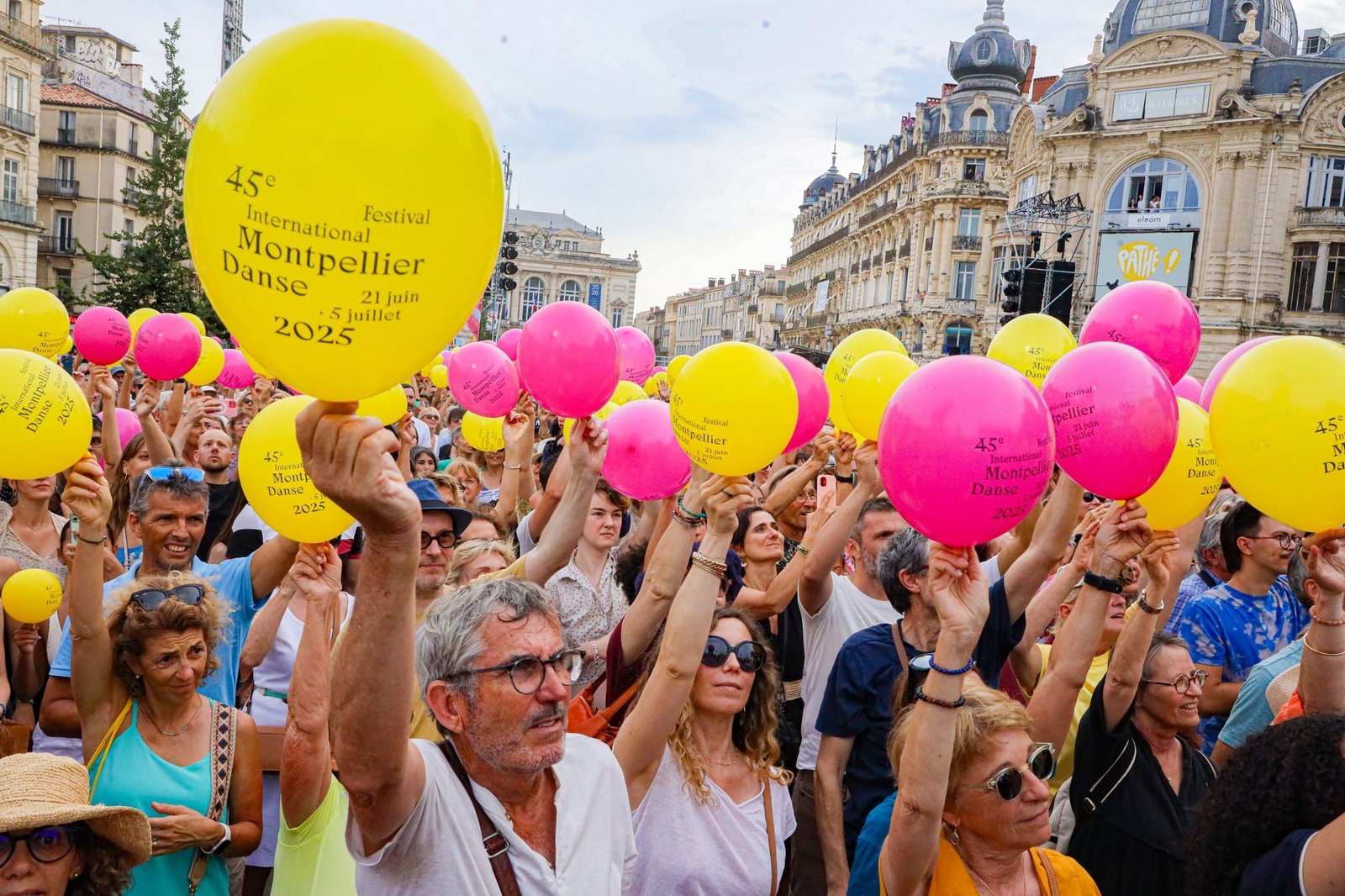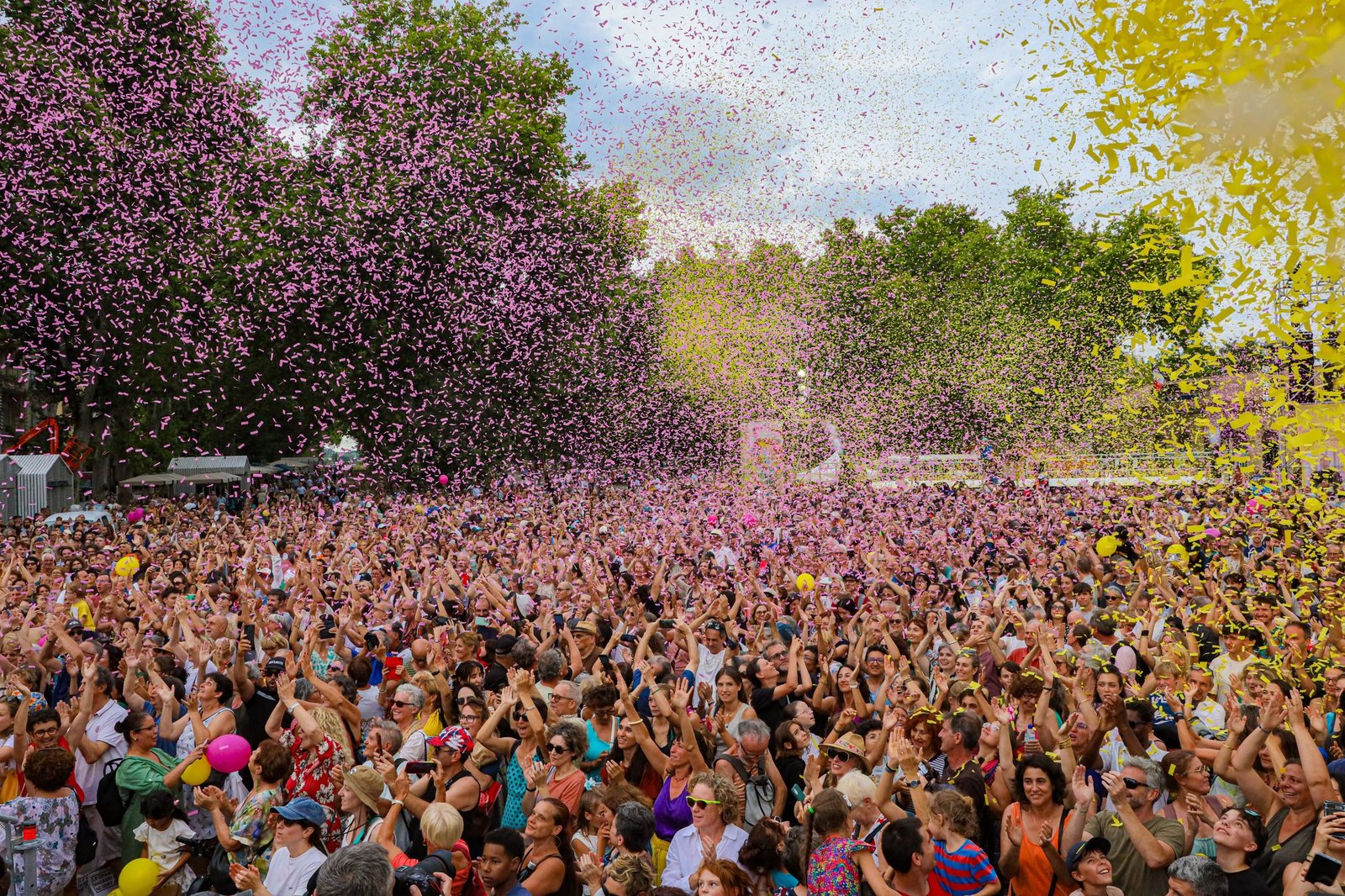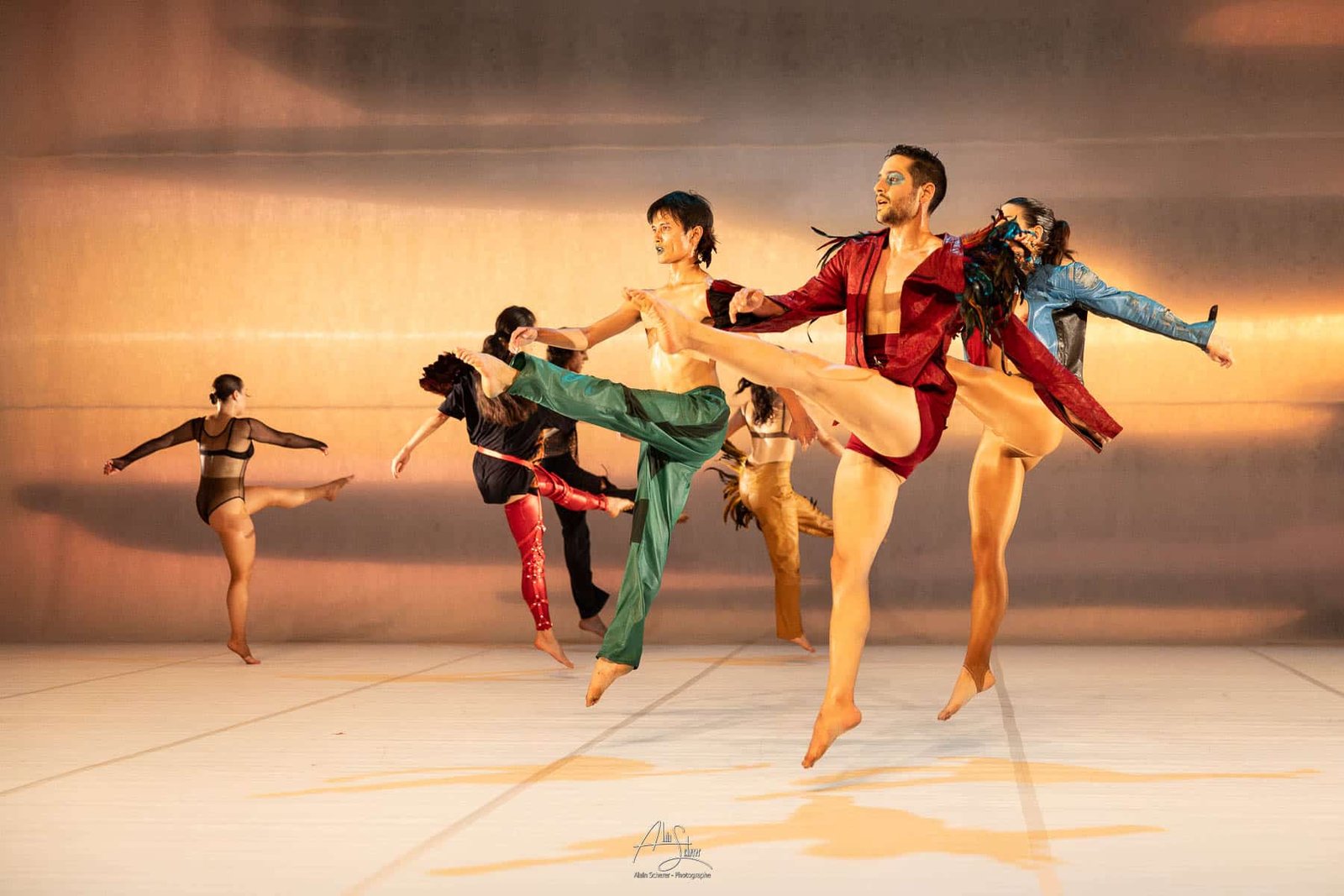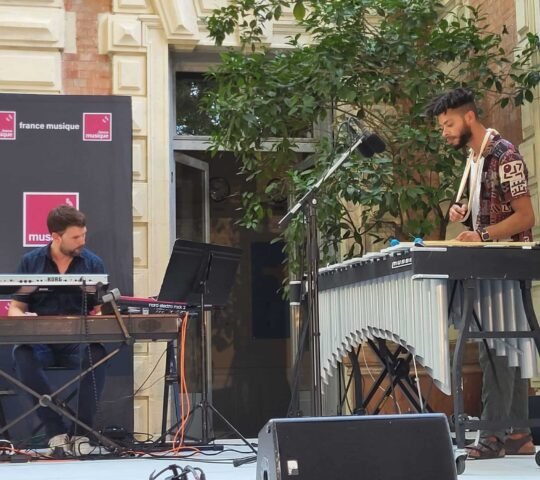Montpellier Danse (Montpellier) 2026
Background & History
- Origins: The Montpellier Danse Festival was founded in July 1981 by acclaimed French choreographer Dominique Bagouet, shortly after he assumed direction of the newly established National Choreographic Centre of Montpellier (CCN Montpellier). This initiative stemmed from a bold cultural decentralization policy championed by the French Ministry of Culture under Jack Lang and local mayor Georges Frêche, who sought to transform Montpellier—a sun-drenched Mediterranean city in Occitanie—into a vibrant hub for contemporary arts. The inaugural edition featured intimate performances in unconventional spaces like streets and warehouses, showcasing the raw energy of the emerging “Nouvelle Danse Française” movement, with Bagouet’s own works emphasizing improvisation and emotional depth. Drawing on Montpellier’s bohemian vibe and proximity to Spain, it aimed to democratize dance, blending professional showcases with public workshops to break elitist barriers.
- Tradition and Early Development: Rooted in the 1980s French dance renaissance, the festival upheld Bagouet’s ethos of experimentation and accessibility—half its program has remained free since inception, fostering community engagement through open-air classes and debates. After Bagouet’s untimely death in 1992, Jean-Paul Montanari took the helm in 1993, expanding its scope while preserving its avant-garde spirit. Montanari introduced international collaborations, turning it into a platform for global dialogues on movement, identity, and society. Traditions like “apéros-débats” (post-show aperitifs with artists) and co-productions (12 new works per edition) became staples, echoing the festival’s commitment to nurturing emerging voices alongside icons like Maguy Marin and Angelin Preljocaj.
- Cultural Significance: As one of Europe’s premier contemporary dance events (ranked top 10 by The New York Times), Montpellier Danse symbolizes France’s post-1968 cultural revolution, promoting inclusivity, multiculturalism, and social commentary through body politics—addressing themes like migration, gender, and ecology. It has elevated Montpellier’s profile as a “dance capital,” contributing to the city’s UNESCO Creative City status (for media arts, but dance amplifies this). The festival’s fusion with the CCN in 2025 under directors like Dominique Hervieu and Pierre Mathieu reinforces its role in Occitanie’s heritage, blending Languedoc’s festive traditions with cutting-edge choreography. It draws 50,000–60,000 attendees annually, sparking debates on art’s societal role, as seen in 2024’s reflections on politics amid Euro 2024 and Olympics.
- Growth Over the Years: From a modest 10-day event with 20 performances in 1981, it evolved into a 24-day extravaganza by the 2000s, incorporating 125 events across 34 venues and co-producing 12–14 premieres yearly. Attendance surged 10-fold under Montanari, with 2025’s 45th edition breaking records via hybrid formats post-COVID. The 2010 opening of the Agora (a restored Ursuline convent turned international dance citadel) added artist residencies and housing, boosting sustainability. Recent fusions (e.g., with CCN Occitanie in 2025) promise expanded winter seasons, while 2026’s 46th edition anticipates 22+ shows, emphasizing regional talents (one-third of program) and eco-conscious practices like low-impact staging.
Event Highlights
- Main Activities or Performances: The 2026 festival will feature 22+ paid spectacles (52 representations) across genres, including world premieres like Benjamin Millepied’s Barbara-inspired creation at Opéra Comédie and Christos Papadopoulos’s immersive organism piece at Opéra Berlioz (Jan 20–21 previews, full festival integration). Expect 17 international choreographers (e.g., Hofesh Shechter, Akram Khan) and 28 filmmakers for dance docs, with 125 total events blending solos, ensembles, and hybrids—past hits like Batsheva Dance Company’s Gaga technique workshops evolve into interactive sessions.
- Special Traditions or Features: Signature free spectacles (50% of program) in public spaces like Jardin du MO.CO. or Place du Nombre d’Or continue, alongside “Ouvertures Studio” (free artist peeks) and family ateliers. Co-productions remain central, with 12 new works; 2026 highlights regional Occitanie artists via the “Territoires” series. The “Carte Blanche” slots allow choreographers like Jann Gallois creative freedom, tying into the Agora’s residency ethos for raw, site-specific works.
- Unique Attractions for Visitors: Dive into 34 venues for multisensory immersion—street flash mobs, rooftop solos at Domaine d’O, or canal-side improvs in Montpellier’s “Little Venice.” AR apps guide heritage-dance tours; eco-workshops on sustainable costuming; and apéros-débats foster dialogues on themes like “forms of life” (Eric Minh Cuong Castaing). Kid-friendly “Peter and the Wolf”-style narrations adapt to dance, while VR docs explore dance history, making it a playground for all ages.
Date & Duration
- Dates: June 20 – July 14, 2026 (typical 24-day span in late June to mid-July; exact opener TBD, with early previews from April 1–4 at Théâtre Jean-Claude Carrière)
- Duration: 24 days
Venue / Location
- City and Main Venue: Montpellier, Hérault, Occitanie, France—a dynamic university city of 300,000 blending medieval alleys with modern architecture, 10 km from the Mediterranean. The hub is the Agora, Cité Internationale de la Danse (18 Rue Sainte-Ursule), a 17th-century Ursuline convent turned Europe’s premier choreography center with studios, theaters, and artist lofts.
- Notable Areas Within the Venue: Key spots include Opéra Berlioz at Le Corum (grand symphony hall for large ensembles), Opéra Comédie (intimate Baroque theater), Hangar Théâtre (industrial raw space for contemporary edge), Jardin du MO.CO. (outdoor green for free shows), and Domaine d’O (rural estate 10 km out for immersive site-specifics). 34 total venues span the métropole, from urban courtyards to suburban theaters.
- Google Maps Address: 18 Rue Sainte-Ursule, CS 39520, 34961 Montpellier Cedex 2, France
Ticket Information
- How Tickets Are Sold: Online via montpellierdanse.com (e-tickets with reservations advised; English/French); phone +33 4 67 60 83 60 (Mon 2–7:30pm, Tue–Fri 1–5pm); on-site at Agora box office (same hours, €2 surcharge possible). Season passes for full festival; groups (10+) via email; free events no booking needed but arrive early. Digital app for real-time availability.
- Whether Admission Is Free or Paid: Mixed—50% free (street shows, workshops); paid for indoor/mainstage (5–55€ range).
- Ticket Pricing in USD Only: Single tickets ~$5.50–$60 USD (based on €5–55, at 1 EUR ≈ 1.10 USD); previews ~$5.50–$49 USD; season pass ~$165–$275 USD.
- Any Special Seating or VIP Options: Tiered seating at Opéra Berlioz (premium orchestra ~$60 USD); accessible front rows (free companion); VIP via “Amis de Montpellier Danse” membership (~$110 USD/year, priority + meet-and-greets). Family packs reduce child rates 50%.
- ADD MINIMUM AND MAXIMUM TICKETS PRICING TELL: Minimum: ~$5.50 USD (student/free-adjacent workshops); Maximum: ~$60 USD (premium mainstage).
Contact Information
- Email: Via contact form at montpellierdanse.com/en/contact (general/tickets/press); billetterie@montpellierdanse.com (reservations); presse@montpellierdanse.com (media).
- Phone: +33 4 67 60 83 60 (office/box office, Mon 2–7:30pm, Tue–Fri 1–5pm; English/French).
- Website: https://www.montpellierdanse.com/en (program, bookings, newsletters); https://www.montpellier-tourisme.fr (integrated tourism).
- Social Media: @montpellierdanse (Instagram, Facebook for teasers/reels); @MontpellierDanse (X/Twitter for debates); YouTube for archives.
- Key Staff: Directors: Dominique Hervieu, Pierre Mathieu (post-fusion); Artistic team: Jann Gallois, Hofesh Shechter (Agora co-directors); contact via office.
- Press/Volunteers: Press: presse@montpellierdanse.com (kits on request); volunteers: benevolat@montpellierdanse.com (ushering/workshops; apps open Feb 2026, perks include free entry).
- Note: Responses ~24–48 hours; multilingual (English/French primary); GDPR data; app for live chat.
Cultural Experience
- Traditions: Echoing Bagouet’s legacy, the festival honors “Nouvelle Danse” through experimental forms—improvisational jams in historic convents blend with Occitanie’s festive street culture, like sunlit siestas turning into flash mobs. Annual co-productions sustain a cycle of creation, with artists-in-residence at Agora fostering mentorships akin to medieval guilds.
- Music and Movement: Scores range from live electronica (Shechter’s pulses) to classical remixes, synced with bodies exploring migration (Khan’s works) or ecology (Papadopoulos’s organic flows). The vibe is electric—sweaty, communal, with audiences spilling into debates on art’s political edge.
- Costumes and Customs: Performers in fluid, deconstructed garb (recycled fabrics for eco-nod); attendees mix boho linens with athleisure. Customs include post-show mingles with wine (local rosé), open-air classes for all levels, and silent respect during pieces, evolving into cheers—embodying Montpellier’s laid-back yet passionate Latin spirit.
- Local Customs: Ties to Languedoc’s heritage—dance as social glue, with bilingual (French/Occitan) intros and inclusivity for diverse bodies (adaptations for disabilities). Sustainability weaves in: zero-waste picnics, carbon-offset travel, reflecting regional eco-activism amid Camargue wetlands.
Food & Drinks
- Mediterranean Fusion: Tapas-style aioli-dipped cod with Provençal herbs (~$12 USD) at Agora café—light, zesty fuel for late-night shows.
- Occitanie Icons: Cassoulet mini-portions (~$15 USD)—slow-cooked bean-stew with duck confit, a hearty pre-festival warmer from nearby Languedoc markets.
- Street Eats: Socca (chickpea pancakes, ~$6 USD) or grilled sardines from Ekliuz pop-ups (~$10 USD); vegan ratatouille tarts for dietary nods.
- Sweet Bites: Crimson figs with lavender honey (~$5 USD) or nougat from Montélimar-inspired stalls; pair with Picpoul de Pinet white (~$8 USD/glass).
- Drinks Highlights: Local vermouth spritzes (~$7 USD) at apéros; artisanal citron pressé (~$4 USD) for hydration; bio-infused herbal teas post-class.
- Budget Tips: Free market grabs at Les Halles de Sète (20-min train, ~$10 USD picnics); festival vouchers for €6 (~$6.60 USD) veggie wraps.
Getting There
- Nearest Airports: Montpellier Méditerranée (MPL, 10 km/6 miles, ~15-min tram); Nîmes Garons (FNI, 50 km/31 miles, ~45-min bus); Marseille Provence (MRS, 170 km/106 miles, ~2-hr TGV).
- Public Transport: TGV from Paris Gare de Lyon to Montpellier Saint-Roch (3 hrs, ~$110 USD); then TAM tram Line 1 to Agora (5 min, ~$2 USD). Regional trains from Barcelona (3 hrs).
- By Train: Central Saint-Roch station (500m from Agora); SNCF app for bookings; free shuttles to venues during festival.
- By Bus: FlixBus from Lyon/Barcelona (~$25–$40 USD); local lines to suburbs like Le Crès (~$3 USD).
- Parking: Parking Comédie (~$11 USD/day, central); EV spots at Agora; bike shares via Vélomagg’ (~$5 USD/day).
- Other Tips: Walkable core (venues <2 km); accessible via ramps/audio guides; carpool apps for eco-travel; avoid peak July traffic.
Accommodation Options
- Budget Hotels: Ibis Budget Montpellier Centre (~$70 USD/night, 10-min walk to Agora, basic AC/breakfast); Hostel Montpellier (~$50 USD, dorms with dance vibes).
- Mid-Range B&Bs: Hôtel Ulysse (~$120 USD, historic quarter, pool/courtyard); Le Clos des Bruyères (~$110 USD, garden breakfasts).
- Luxury Stays: Hôtel Oceania Le Métropole (~$200 USD, spa/central); Pullman Montpellier Centre (~$180 USD, rooftop views).
- Apartments/Airbnbs: Studio lofts near Corum (~$90 USD/night, kitchens for self-cater); family apartments in Antigone (~$140 USD).
- Unique Options: Artist residencies at Agora (~$150 USD, immersive studios); eco-lodges in Camargue (30-min drive, ~$130 USD).
- Booking Tips: Via montpellier-tourisme.fr (festival packages ~20% off); book Jan for June slots; metro-adjacent saves time.
Maps
Contact
Video
FAQ's
What are the exact 2026 dates and how can I plan around them?
The 46th Montpellier Danse runs June 20–July 14, 2026, a traditional 24-day immersion transforming Montpellier into a global dance epicenter, with daily events from morning workshops to evening premieres. Early previews kick off April 1–4 at Domaine d'O, ideal for scouting. Plan mid-week for quieter vibes or weekends for buzz; align with Occitanie's wine harvests or nearby Sète jazz fest. Download the app by March 2026 for the full calendar (montpellierdanse.com), including free slots—arrive early for streetside spots. Hybrid options post-2025 fusion add winter tie-ins, but summer's the core; weather (25–30°C/77–86°F) favors al fresco, so pack layers for evenings.
How much are tickets, and what’s the best way to buy them to save money?
Prices span ~$5.50–$60 USD: budget workshops/free shows at $0–$11 USD, mainstage up to $60 USD for VIP. Season passes (~$165–$275 USD) save 30% on 10+ events; students/seniors 50% off, families bundled. Half the 125 events are gratis—prioritize those via app alerts. Buy online at montpellierdanse.com (no fees, e-tickets) from March 2026 presales; phone (+33 4 67 60 83 60) for groups (10+ = 20% discount). Avoid on-site rushes (€2 surcharge); "Amis" membership (~$110 USD) unlocks extras. 2025 sold 60,000—subscribe to newsletters for flash sales.
Does weather affect the event, and what should I prepare for?
June-July's balmy Mediterranean climate (sunny 80% days, 25–30°C/77–86°F) enhances outdoor spectacles but brings occasional mistral winds or showers (pack ponchos/breathables). Indoor venues like Opéra Berlioz are climate-controlled; free street shows proceed rain-or-shine with pop-up tents. Hydrate with free fountains; app's weather radar flags reschedules (<5%). Sun protection (hats, SPF) for day classes; evenings cool to 18°C/64°F—light scarves ideal. Eco-tip: reusable bottles cut waste, aligning with festival's green pledges.
Can I combine the festival with other Montpellier activities, and how does it work?
Seamlessly—the 34 venues weave into the city's fabric: morning market at Les Halles (fresh figs, ~$10 USD picnic) before noon ateliers, afternoon Fabre Museum dance exhibits (~$11 USD, partner discounts), evening premieres at Corum. "Music & Heritage" passes (~$15 USD add-on) link shows to Roman aqueduct tours or Camargue flamingo safaris (30-min bus). Full itinerary: June 25 Khan premiere + MO.CO. art walk; July 4 beach dance at Palavas (tram access). Bundles via montpellier-tourisme.fr save 15%; walk/bike (flat terrain) between sites—perfect for immersive, low-stress discovery.
What accessibility features are available for visitors with disabilities?
Inclusivity is core: 90% venues wheelchair-ramped (Agora elevators, Opéra audio loops); tactile guides/app voiceovers for visually impaired; sign-language interpreters for 20% shows (request via email). Free companion tickets/disability discounts (EU cards); quiet zones post-sensory overload. Pre-book accessible seats (front rows, ~$5.50 USD min); shuttles from Saint-Roch station (5-min, adapted vehicles). Staff trained in discreet support; contact billetterie@montpellierdanse.com 3 weeks ahead for custom aids like braille programs. 2025 fusion boosts resources, ensuring all bodies move freely.

